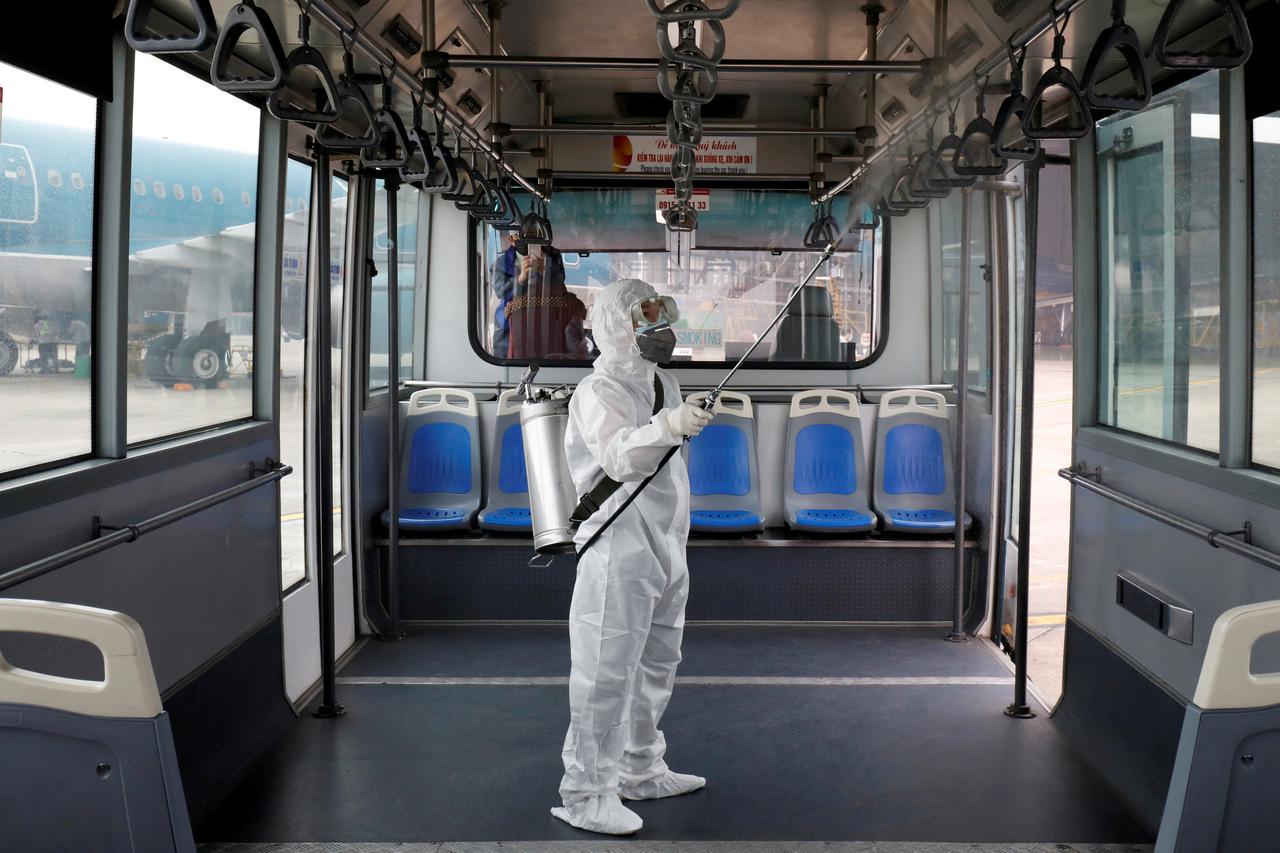Emerging Asian currencies rose on Monday as geopolitical and economic concerns dented the U.S. dollar, while shares in the Philippines and Vietnam sank amid concerns over coronavirus outbreaks.
In the Philippines, where a surge in cases has driven a 5% fall in the stock market this month, investors will watch a state of the nation address from Philippine President Rodrigo Duterte for signs of more restrictions on economic activity.
Vietnamese shares plunged as much as 4.2% as the country's first locally transmitted coronavirus cases in more than three months sparked concerns of a second wave of infections.
Investors have sought the safety of gold and other perceived safe-haven assets in recent sessions, and have been driven out of the normally sought-after dollar by uncertainty around renewed lockdowns in the United States, as well as bickering over the latest fiscal support package and escalating tensions with China.
A U.S. Federal Reserve meeting this week comes on the back of polls showing analysts have slashed expectations for the world's largest economy, predicting zero growth for the second half of the year ahead of official second quarter numbers next month.
"Asian FX, after a soft start, has shown some resilience," said Robert Carnell, ING's regional head of research, Asia-Pacific.
"It looks as if the USD is going to remain offered today, and this may persist until after the Fed on Wednesday, and before the (U.S.) GDP result."
The Taiwanese dollar and the South Korean won led gains, while Indonesia's rupiah firmed for the fifth straight session, and the Philippine peso headed for its best day in three weeks.
Most regional share markets were higher after a broad selloff on Friday following China's tit-for-tat retaliation for its Houston consulate closure.
China said it had taken over the premises of the U.S. consulate in the southwestern city of Chengdu on Monday.
In a news conference to discuss the Philippines' quarterly inflation report, its central bank chief emphasized that keeping policy accommodative would mitigate risks to the economy, but Manila shares still slid for the fifth consecutive day.
The 1.6% fall leaves them down around 25% for the year against a dip of just 2% for MSCI's broad index of Asia shares outside Japan.
Jennifer Mae V. Lomboy, a fund manager at First Metro Asset Management said stocks faced "downward bias as the market awaits direction and concrete support from the government" in the state of the nation address.
"The officials' balanced action between virus containment and economic activity resumption are crucial for investors at this point," she said.

















































